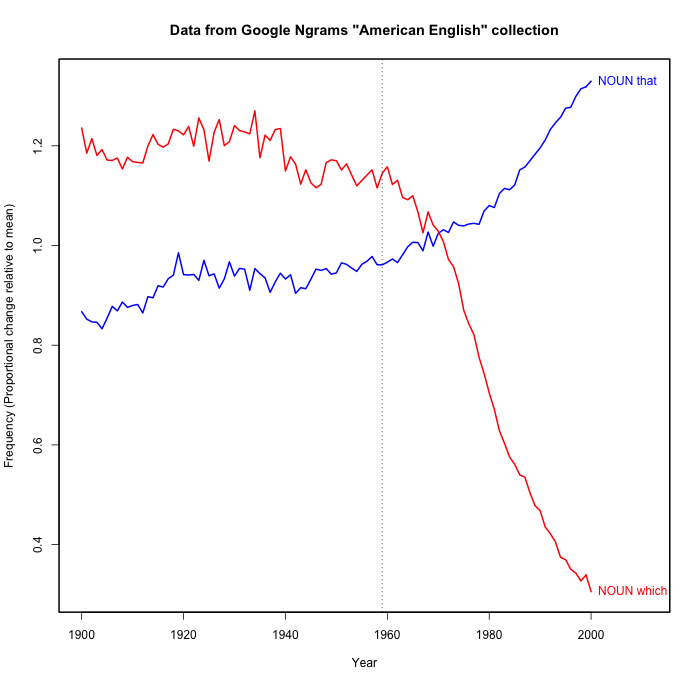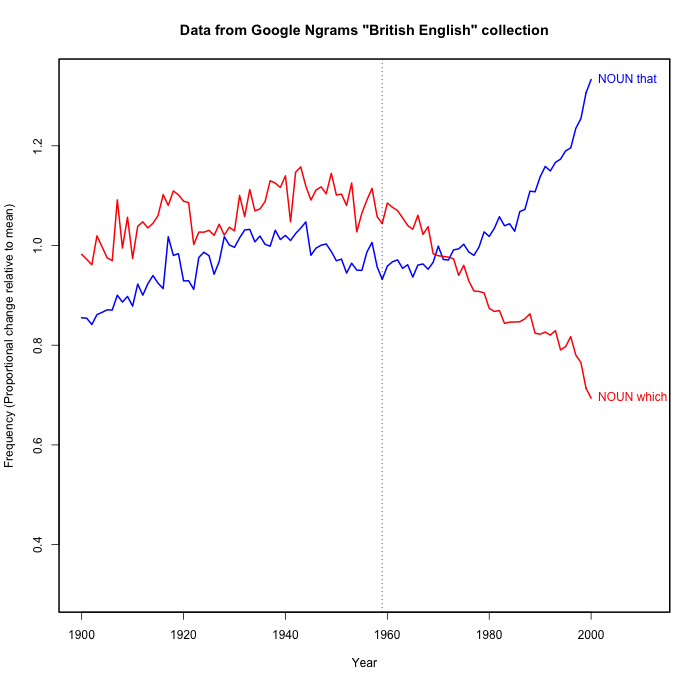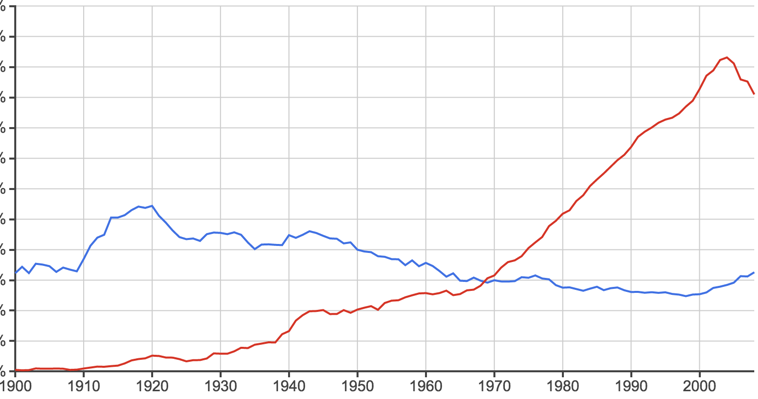When did "a thing" become a thing?
Alexander Stern, "Is That Even a Thing?", NYT 4/16/2016:
Speakers and writers of American English have recently taken to identifying a staggering and constantly changing array of trends, events, memes, products, lifestyle choices and phenomena of nearly every kind with a single label — a thing. In conversation, mention of a surprising fad, behavior or event is now often met with the question, “Is that actually a thing?” Or “When did that become a thing?” Or “How is that even a thing?” Calling something “a thing” is, in this sense, itself a thing.
Read the rest of this entry »




